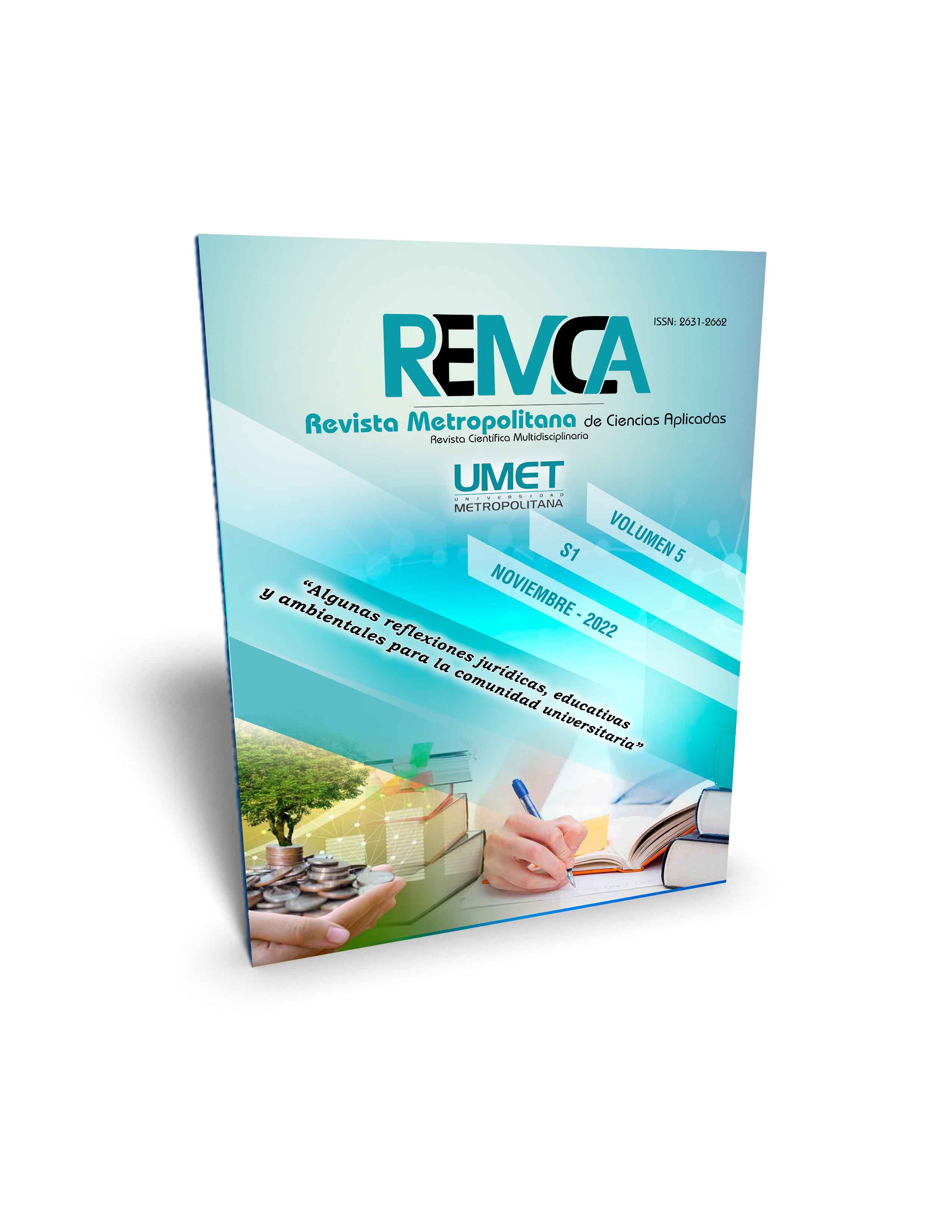Proportionality in sanctions against educational institutions in sanction procedures
DOI:
https://doi.org/10.62452/tt285f13Keywords:
Principle of proportionality, sanctioning procedures, educational institutionsAbstract
The purpose of the administrative sanctioning procedure is to reestablish public order through the exercise of the sanctioning power, by means of which reasoned and motivated sanctions are established to the alleged administrative responsible parties. The purpose of the present investigation is to analyze the administrative act as a consequence of the administrative sanctioning procedure to educational institutions subject to the Organic Law of Intercultural Education, when these have incurred in some anti-juridical conduct foreseen in the legal system as an administrative infraction or illicit and to determine to what extent there is a lack of application of proportionality in the sanctions and how this may affect the stability of the administrative act and the constitutional and subjective rights of the receiver of the administrative act. Therefore, and in order to determine the lack of application of proportionality and the possible affectation, a theoretical-descriptive research of documentary type will be carried out, since it is necessary to analyze the administrative procedure from each of its stages and phases and at the same time determine from the requirements of validity of the administrative act how the final decision can be vitiated.
Downloads
References
Ecuador. Asamblea Nacional Constituyente. (2008). Constitución de la República del Ecuador. Registro Oficial No. 449. https://www.asambleanacional.gob.ec/sites/default/files/documents/old/constitucion_de_bolsillo.pdf
Ecuador. Asamblea Nacional. (2011). Ley Orgánica de Educación Intercultural. Registro Oficial 417. https://oig.cepal.org/sites/default/files/2011_leyeducacionintercultural_ecu.pdf
Ecuador. Asamblea Nacional. (2014). Código Orgánico Integral Penal. Registro Oficial Suplemento 180. https://siteal.iiep.unesco.org/sites/default/files/sit_accion_files/siteal_ecuador_0217.pdf
Ecuador. Asamblea Nacional. (2017). Código Orgánico Administrativo. Registro Oficial 31. https://www.gobiernoelectronico.gob.ec/wp-content/uploads/2020/11/COA.pdf
Ecuador. Asamblea Nacional. (2018). Estatuto de Régimen Jurídico Administrativo de la Función Ejecutiva. Registro Oficial 536. https://www.defensa.gob.ec/wp-content/uploads/downloads/2018/05/ERJAFE_abr18.pdf
Ecuador. Ministerio de Educación. (2015). Reglamento General a la Ley Orgánica de Educación Intercultural. https://educacion.gob.ec/wp-content/uploads/downloads/2017/02/Reglamento-General-a-la-Ley-OrgAnica-de-Educacion-Intercultural.pdf
Guerrero, A. (2018). Concepto y naturaleza de las sanciones administrativas en la doctrina y jurisprudencia. Revista de derecho (Coquimbo), 16(5), 12-74.
Jarrin, E. (2018). Concepto y naturaleza del procedimiento administrativo. Revista General de Legislación y Jurisprudencia, 5(21), 5-27.
Letelier, R. (2017). Garantías penales y sanciones administrativas. Política criminal, 12(24), 23-98.
López, S. (2017). El principio de proporcionalidad como canon de constitucionalidad. Deusto: Derecho, 65(1), 34-84.
Ortega, A. (2018). Paradigmas juridicos (Vol. 2). Ediciones Parainfo S.A.
Parada, R. (2018). Concepto y fuentes del derecho administrativo. Marcial Pons.
Riofrío, C. (2019). Alcance y límites del principio de proporcionalidad. Revista chilena de Derecho, 43(1), 283-309.
Robles, J. (2018). Pricipio de proporcionalidad. Ediciones Noriega S.A.
Downloads
Published
Issue
Section
License
Copyright (c) 2022 Joan Anaisse Terán Tobar, José Antonio Ruiz Bautista (Autor/a)

This work is licensed under a Creative Commons Attribution-NonCommercial-ShareAlike 4.0 International License.
Authors who publish in Revista Metropolitana de Ciencias Aplicadas (REMCA), agree to the following terms:
1. Copyright
Authors retain unrestricted copyright to their work. Authors grant the journal the right of first publication. To this end, they assign the journal non-exclusive exploitation rights (reproduction, distribution, public communication, and transformation). Authors may enter into additional agreements for the non-exclusive distribution of the version of the work published in the journal, provided that acknowledgment of its initial publication in this journal is given.
© The authors.
2. License
The articles are published in the journal under the Creative Commons Attribution-NonCommercial-ShareAlike 4.0 International License (CC BY-NC-SA 4.0). The terms can be found at: https://creativecommons.org/licenses/by-nc-sa/4.0/deed.en
This license allows:
- Sharing: Copying and redistributing the material in any medium or format.
- Adapting: Remixing, transforming, and building upon the material.
Under the following terms:
- Attribution: You must give appropriate credit, provide a link to the license, and indicate if any changes were made. You may do this in any reasonable manner, but not in any way that suggests the licensor endorses or sponsors your use.
- NonCommercial: You may not use the material for commercial purposes.
- ShareAlike: If you remix, transform, or build upon the material, you must distribute your creation under the same license as the original work.
There are no additional restrictions. You may not apply legal terms or technological measures that legally restrict others from doing anything the license permits.




